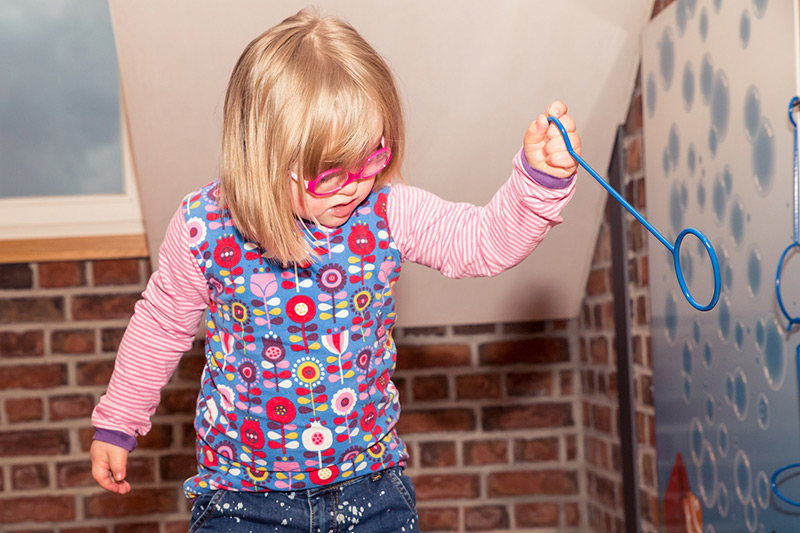“Max just isn’t himself any more,” his mother told me with tears in her eyes the first day we met. Max was 8 years old and the family had recently experienced some significant changes including the death of Max’s grandfather who had lived with the family for the past several years, an out of state move, and starting a new school in a new city. Since the move, Max’s mother told me how Max had become increasingly angry and defiant. “He won’t do anything without us basically forcing him to. He gets so mad at everything and everyone. Even his new teacher has mentioned to me that Max seems withdrawn and irritable. I don’t know what to do to help him.”
Childhood depression often presents in different ways than adult depression. Anger is a very common symptom. Max had a genetic risk for depression as his mother and grandmother had suffered with major depression. He also had experienced some significant environmental stressors. The combination of genetic and environmental stressors had resulted in Max's depression.
A combination of medication and talk therapy helped Max find his way out of the depressive episode. He responded beautifully and within two months his mother reported with a broad smile, “Max is back! We are so proud of him and so happy to have our bubbly, loving son back.” He continued on his medication and continued meeting with his therapist monthly for another 10 months, then successfully weaned off medication, greatly reducing his chances of another depressive episode. He still checks in with his therapist every few months but last I heard, he’s busy with his new friends and soccer team and enjoying life.
Facts About Childhood Depression
- The American Academy of Pediatrics estimates that nearly half of kids with ADHD also suffer from conditions like depression, learning disabilities, and anxiety disorders.
- The National Institute of Mental Health estimates that at least 3.3% of children 13 to 18 years old have had episodes of severe depression.
- Suicide is the third leading cause of death in young people between the ages of 10 and 24.
- Children who are depressed also experience changes in their sleeping and eating habits and have trouble concentrating which can be confused with other conditions including ADD/ADHD.
For Parents
As a parent, you want the best for your children. You may be concerned or have questions about certain behaviors they exhibit and how to ensure they get help. We have provided some guidance and resources to get you started.
Read MoreWhat WellPsyche Patients Are Saying
“I felt really sad for no reason and my mom and dad were really worried about me. I started taking a pill to help me feel better and started talking to this really nice lady who helped me learn things I can do to feel better. I’m really happy it helped me and now my mom and dad aren’t worried about me and I’m not sad.”
Allyson, age 10“I think talking about my feelings helped me not be so angry all the time. I was really sad about my dad having to be gone for a long time because he’s in the military. Now I understand that it’s part of his job and not because he doesn’t want to be with me. My therapist helped me think of things I can do to help me feel better when he’s away.”
Oscar, age 11“I take this pill that helps my brain work better so I don’t feel bad. It’s super small and easy to swallow and I really like the way I feel when I take it. I’m really happy my dad took me to see the doctor so she could help me.”
Claire, age 8
Did You Know?
MANY famous and highly successful people have been diagnosed with Depression inlcluding Katy Perry, Singer and Musician, host of American Idol; Michael Phelps, Olympic swimmer and gold metalist; Kristen Bell, Actress who plays Anna in Frozen; JK Rowling, Author who wrote The Harry Potter Series, just to name a few.
Depression Resources
Websites:
Videos:
Books:
- Blueloon by Julia Cook, Anita DuFalla
- Danny and the Blue Cloud: Coping with Childhood Depression by James Foley, Shirley Ng-Benitez
- The Day the Sky Fell In by Juliette Ttofa, Julia Gallego
- Coping with an Anxious or Depressed Child by Samantha Cartwright-Hatton

You Are Not Alone. We Are Here To Help.
Schedule your appointment and begin the journey to a better you.
Enroll Now